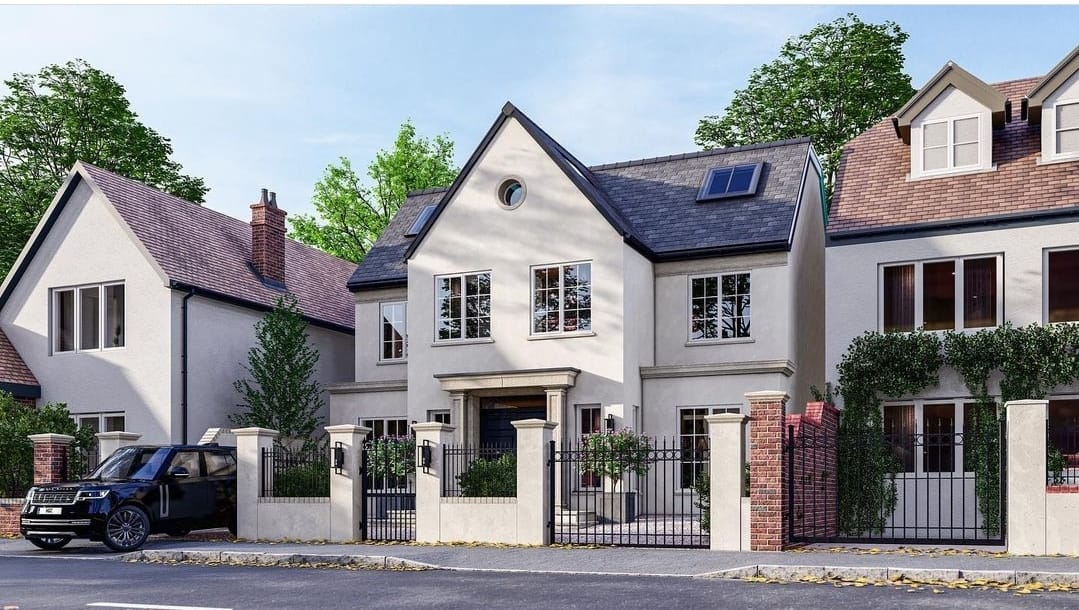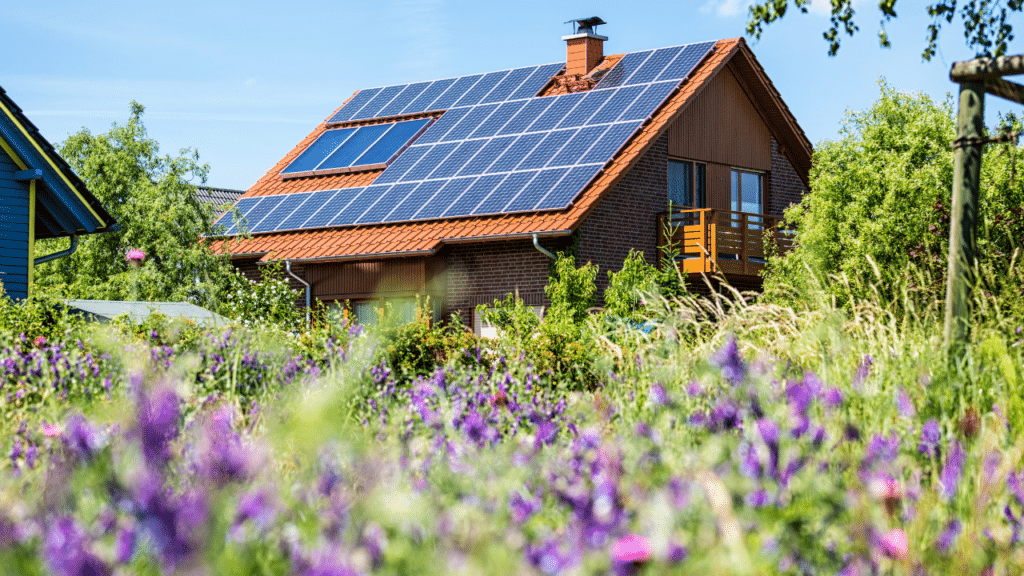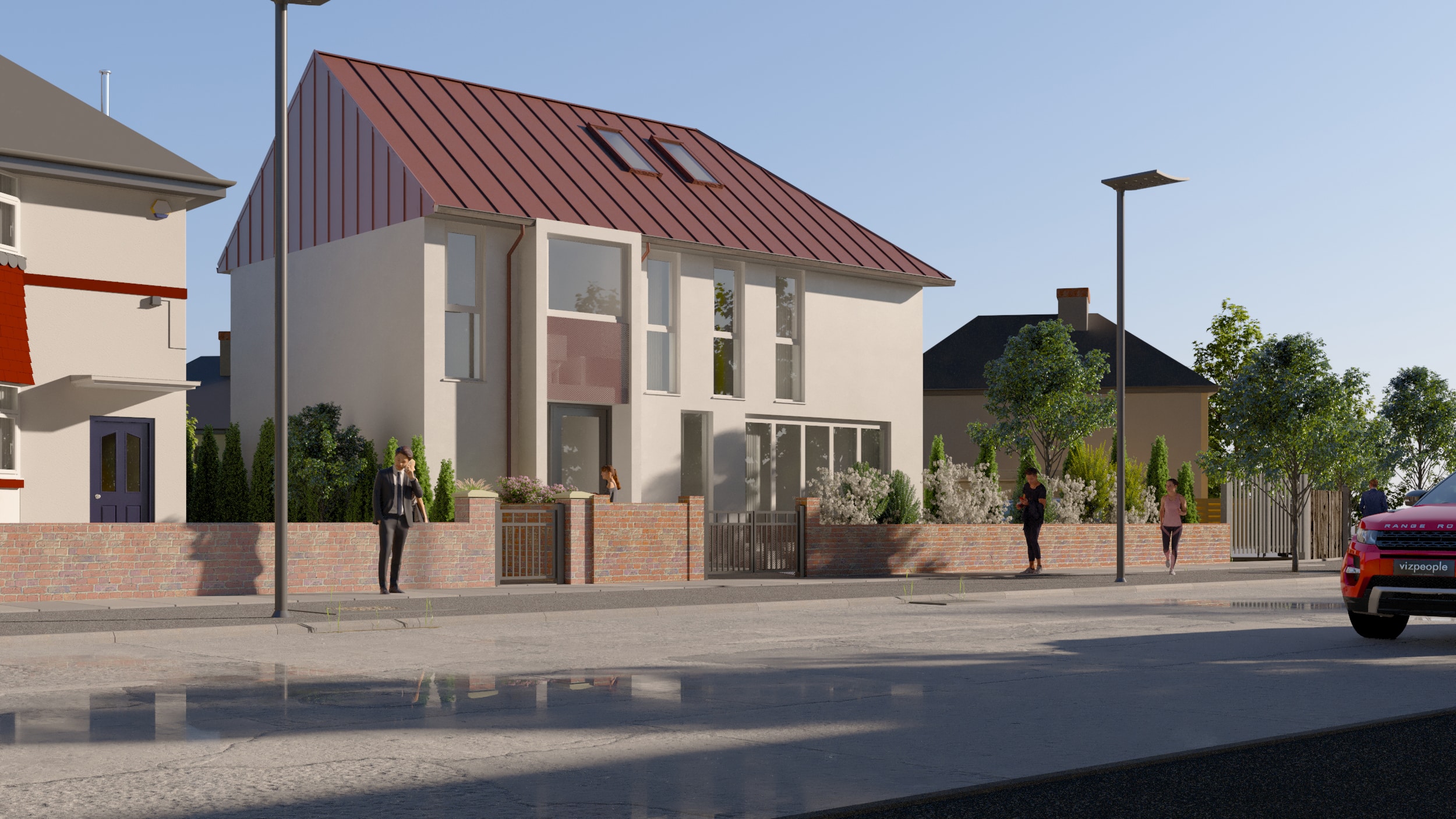

Solar Energy – Q&A with Dr Chris Jardine
The AURA team had the pleasure of meeting Dr Chris Jardine from Joju Solar the other week.
Chris shared his in-depth knowledge of solar panels with us and taught our wider architectural team about how we can best implement them in our residential designs to benefit our clients.
Solar panels can of course be retro-fitted, however they are a key technology in maximising the sustainability of new builds and house extensions.
Designing solar power into the build stage opens up new optimisations, visually and performance-wise.

About Chris:
Dr Chris Jardine is the Technical Director and a founder member of Joju Solar.
He has been involved with solar PV since 2001 when he ran Oxford University’s research into solar energy and microgeneration.
He is recognised as one of the UK’s foremost experts in the performance of solar PV and is the author of prize-winning papers on the subject, as well as leading publications such as “PV in the UK” and “Power from the People”.
We asked Chris to answer a few frequently asked questions so that you too can benefit from his expertise.
If you want to get in touch with JoJu Solar, to find out more or to get a quote for your solar project, click here.
What is a solar panel and how does it work?
A solar panel is a device made out of semiconducting material (most commonly silicon) that converts the energy of light landing on its surface directly into electricity. They have no moving parts, operate silently and have a lifetime well in excess of 25 years. So installing solar panels gives you a long term supply of green electricity that you can use in your home.
What is the best orientation and angle for solar panels?
The best orientation for solar panels is due south and pitched at about 30⁰ (which is typical for a UK roof pitch). However, there is a very large sweet spot around this – houses between SE and SW will generate 95% of optimal, and even east or west facing systems will generate 85% of optimal. There is a very large range of orientation that are suitable for solar panels. (See attached solar sundial)

If I have solar panels can I come off the grid?
It is theoretically possible to come off grid if you have solar panels and a home battery storage system, but it is inadvisable in the UK. We have 8 times more solar energy in summer than winter, so it is difficult to ensure a reliable supply all year around from solar alone – some form of grid back up is needed. In more southerly climates like California, going off grid all year round is entirely possible.
Do solar panels need cleaning?
Solar panels have a surface coating on them that helps water and dirt run away. If panels are pitched at greater than 5⁰ they are considered to be self-cleaning.
What is the average payback for a householder?
The average payback is around 12.5 years for a householder, but the product will last over 25 years. Broadly, we say that over 25 years, you will earn what you invested as profits. So if you invest £6,000 in a solar roof now, you will have made a profit of £6,000 by year 25. This is equivalent to investing money in a bank at 5% interest – something that is very hard to find!
Do I need a Planning Permission and/or Building Control approval?
Solar panels are considered permitted development if the panels are more than 30cm from the edge of the roof, and no more than 20cm above the plane of the roof.


Is Solar Power good for new builds?
There are many benefits to incorporating solar panels into new builds and extensions. Your architect can design the roof angle and aspect for best efficiency and choose supporting materials to complement them visually.
When it comes to the actual build, installation is likely to cost less if the site manager co-ordinates access and sharing of scaffolding. The electrical wiring is likely to be more straightforward to.
Extending and remodeling houses to create a more sustainable home is something our designers love to do. In addition to solar panels, there is much we can do to the improve energy efficiency such as ‘daylight harvesting’ by making the most of intelligent lighting and windows, insulation etc. Tell us about your sustainable living goals for your new dream house.


